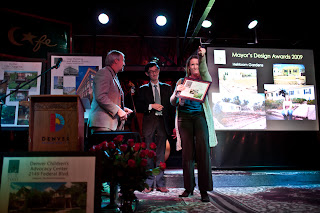You can click on each individual class date for more information or to register.
Animal Care
Backyard Chicken Keeping
Hands-on
introduction, including: choosing the perfect chickens, chick care, housing and
fencing, feeding, common chicken challenges, all about the eggs, financial
considerations, livestock permitting process
Cost = $35 (includes instructional handouts)
Reviews for Backyard Chicken Keeping:
"What a great class! We learned so much and feel so much more
confident and motivated about entering the world of chicken keeping. Thanks so
much for an interesting and informative class." --Jennifer P.
"This class was a wonderful introduction to backyard
chickens. I learned so much, and seeing the chickens (and getting to hold one)
was great. I appreciated the "resource list" provided at the end, to
show me where to go next (books, feed stores, web sites, in person, etc.) for
more information. I highly recommend this class to anyone thinking about
getting chickens." --Jenny L.
Backyard Goat Keeping
Hands-on
introduction, including: choosing the perfect goats, housing and fencing,
feeding, medical care, common goat challenges, all about the milk & milking
demonstration, financial considerations, livestock permitting process
Cost = $35 (includes instructional handouts)
Reviews for Backyard Goat Keeping:
"I really enjoyed the class. I own 4 full size goats but knew
nothing about the dwarf varieties. Came home with more knowledge than I went in
with. Definitely worth my while." --Jacinda G.
Gardening
Getting the Most Out of Your Home Garden
Maximizing
the production of your garden space, including: creating a master plan, soil
preparation, seed starting, companion planting, succession planting, spacing,
organic pest and disease management, composting basics
Cost = $35 (includes instructional handouts and planning chart)
Reviews for Getting the Most Out of Your Home Garden
"I've been gardening for many years, but got a lot of helpful
information out of the class. Sundari is knowledgeable and very easy to listen
to and understand. I would recommend the class." --Joni E.
"Informative and very practical. Makes succession planting
seem much less daunting." --Camille H.
"As someone who is new to gardening, I feel more comfortable
in planning my garden after this class. I got the basic information needed to
get started and a list of resources for topics I may want to explore in depth.
It was also helpful to see the backyard garden to get an idea of how big I want
to start. There were great planting tips as well." --April L.
If you're interested in attending a full-day workshop on
Neighborhood Supported Agriculture, please email info@eatwhereUlive.com for additional information.



















































